In our previous post we discussed the Next Big Sort, the one that is happening right now under the noses of sociologists and demographers. That the country is re-sorting itself 20 years after The Big Sort is not as interesting as what this sort will mean for the United States and for the people who are making these moves to the country and the city. 20 years ago, the information revolution made it possible for neighborhoods to become strongly majoritarian by party affiliation as opposed to the fairly even percentages of decades past. We’re predicting here that the Next Big Sort will see many more people move out of big cities to smaller cities and many others are moving to small towns and rural areas either in deliberate communities or as family homesteads.
The major issues driving this Next Big Sort will be socio-cultural, political and environmental. The information age that made knowledge of where conservatives and liberals live easier for like-minded people to move there 20 years ago today drives people seeking intentional communities of like-minded neighbors, those researching places with the least climate-change risk, as well as those people continuing to look for politically like-minded people to live near.
Those relocating to get ahead of the coming climate catastrophes are many. Some are trading one threat for another. Those escaping water scarcity and wildfires in California for Texas, as is happening today in great numbers, may find themselves tipping an already scarce water situation into one of equal or greater scarcity than they left in California. Florida is another state with massive looming water shortages even as it adds enough population to gain an additional congressional seat.
Many people who can are already moving. Of those, many are forming intentional communities. They want to be in the country. They want to shop at the farmer’s market. They have no idea what that life takes and how unprepared most are for that kind of life. Twitter and other social media abound with anecdotes of people who “moved to the farm” only to realize it was really hard and moved back to the city. Yet there are also multiple homesteaders with thousands of followers who help others make that move. I think there will be a lot of that in years to come, but the net will likely be a gain for rural communities.
So what do people need to think about before moving out of the cities to start their own localist communities or to know if you’re moving to an already established one? I think you ought to prepare yourselves intellectually, physically and emotionally for this change that will come.
That means getting in the kind of shape that comes from a different kind of physical work than you get on a road bike, a Peleton, or working out at the gym. Cutting a tree into logs with a chainsaw is very different than lifting weights. Lifting a 100 pound deer off the ground and into a cart is far harder than deadlifting much heavier weight on a barbell. Most city dwellers would be shocked at the workout a person gets pulling weeds in a large rural garden for 2 half days a week.
50 years ago, most Catholics only knew who the Pope was because they heard his name on Sundays at Mass, but never knew what he sounded like or what he said. Everything they knew and needed to know was local. So it is with what’s really important in the village.
Spending time planting a garden, pulling weeds and making compost require a kind of emotional fitness that is very different from the city. Quiet repetition is something many people come to love and enjoy, but find hard to learn at first. Talking with neighbors and friends about the seasons and the rain or heat wave and practices which make some gardens thrive is far more important than what a politician said to whom. It isn’t that politics no longer matter, but people in the countryside often shift their focus from national news and politics to the local Planning and Zoning Commission or county fiscal court.
And as far as being intellectually prepared, here are some books that can help you get there, whether you’re moving to the country or moving to the city. None are about moving from the city to the country. They all touch on some aspect of society that can be important in dealing with the coming demographic and migratory shifts in this country.
I’d offer the following books for consideration:
1913, by Charles Emmerson: Nobody, but nobody, saw World War I coming, even though looking back it seems obvious in hindsight. It will be thus when sociologists look back and ask why they missed these massive migrations as they were happening.
The Black Swan, by Nicholas Taleb: We can’t see or accept as evident what we cannot conceive. Today most people don’t conceive anything outside their own reality, no matter how real or created that narrative is.
The Decadent Society, by Ross Douthat: We aren’t creating anything new and are content to play while the world falls apart around us.
A Canticle For Liebowitz, by Walter M. Miller, Jr.: If humanity is hit with any catastrophes, either natural or man made, some people will pick up the pieces, but they may find it hard to recreate what we have today without any instruction manuals or skills.
Rod Dreher’s The Benedict Option: Western civilization was largely built and rediscovered around monastic abbeys in Europe on a small scale. There is a model there for this rural deliberate sort we may be seeing.
Ender’s Game, by Orson Scott Card: On the moral decisions a society has to make and the deep political argument that happens internally regarding the consequences of the moral decisions.
The Last Town on Earth, by Thomas Mullen: On a community in the Pacific NW during the 1918 Spanish Flu epidemic that attempts to wall itself off from the rest of the country to keep out the pandemic.
How the Irish Saved Civilization, by Thomas Cahill: On the importance of libraries.
James Fenimore Cooper, by Donald A. Ringe: A magnificent exposition about the growing country in the late 1700s and early 1800s and the peoples’ relationship with the land.
The new substack by Wrath of Gnon about how to build a sustainable village.
None of these books are about why people are moving, per se, or why I think the trend with pick up. They all, however, touch on the sociological concepts surrounding this trend.
Lets just look at one of those books in a little more detail. Donald Ringe’s James Fenimore Cooper is not about Cooper the author, but about the America he presented in his novels and how the land shaped our society and what we think of as being Americans. This is of profound importance to people who will choose where to live. Increasingly, people who are moving away from cities to rural settings have a very different normative view of what life ought to be like than those who live in cities or aspire to live there.
“Men are different, are unequal, Cooper argues, and each should organize to his life and each should organize his life with a clear understanding of both his talents and deficiencies…If men fall into the natural classes determined by the functions they can fulfill in life, a just society will result.” This is just what most people would think we have today in the West and certainly most would accept this as existing in the US today. Ringe’s quote of Cooper’s recognition of inequalities in people seem apt. Most people choose what they do for their livelihood. Some make the extra effort to learn engineering and they then build bridges, airplanes, highways, and new internet systems. Others are artists, and they accept that they will likely not ever be wealthy, but they produce real beauty. The same goes for most writers. Likewise for the farmers that feed the masses.
The difference is that in Coopers day, all those trades and crafts existed but in a much more local context. Today urbanization, mass logistics and the information economy allow for people to congregate their talents into fewer field and to avoid their deficiencies far more easily than they would if all facets of life were more local. We are collectively fine with nearly all food production in the country handled by a very small number of major corporations. We are completely supportive of vast percentages of the population working in advertising, medical insurance paperwork, and creating social media videos. We accept and congratulate people in these fields even though they would be out of jobs in any number of scenarios of natural disaster. We live in cities without pondering where the food would come from if trucks couldn’t run and power was unavailable to refrigerate food or pump gas into trucks and farm machinery.
For those reasons, not necessarily out of fear of cyberattack or military coup, some people are reassessing their willingness to be vulnerable in the event of a natural disaster, such as climate change or an electrical storm from a Coronal Mass Injection. Those people are today giving up their present day comfort and risk of catastrophic life change in exchange for a slightly increased state of risk today and harder work, but for longer term contentment.
Ringe writes of the founding decades of the country: “American society has been false to the Christian principles so many Americans profess…Might conquers, justice suffers.” Many who are moving to the countryside see this as a truth they wish to escape from and in some measure correct. Ringe further writes that “the struggle between the white man and the red will be re-enacted for over a century. The settlers will come with axe and gun to chop the trees and slaughter the game and the earth will belong to its despoilers.” This is the very historical truth today’s modern homesteaders seek to overturn. They want to live in harmony with the land in an idyllic pastoral life that regenerates the land rather than despoils it.
This is the reason so many are discovering the back to the land movement that the British witnessed in the late 1800s and early 1900s. Father Vincent McNabb, and Irish born English Dominican, wrote that two major issues drove people to near despair and poverty. First, agricultural advances led large landowners in England to turn from small yeoman farmers to much more efficient and higher yield large tenants. This drove many more people to the cities where efficiencies in manufacturing drove wages ever lower.
McNabb’s prescriptive fix, echoed by GK Chesterton and Hillaire Belloc was the concept of distributism, which argued for individual (vice communal) ownership of the means to making a living. The distributists argued that working people were stuck between socialism on one side and capitalism on the other. They argued that small-scale ownership of land and business ought to be protected against large-scale corporate takeover and state takeover. Distributism calls for protection of the family and small communities. That the best life is not slaving away daily in the false hope of riches by working in a system that is designed to keep the masses poor. The best life is a life of hard but honest work in a family’s own business, namely homestead farms and small businesses.
It is that ideal that is now largely called localism today and for which families are moving from cities to the countryside. This movement will prove to be trans-political. People of all political positions are moving to smaller towns. Yes, some are moving to deliberate Catholic communities as we wrote in the previous article. But in many other places the tie to the land itself is the highest principle, higher than political positions. This is what allows people of drastically different political ideologies to live in close proximity, help one another throughout the year, gather for barbecues and pot-luck dinners, and be there for each other.
The “village” I live in would be studied by sociologists because those sociologists and political pundits today could not imagine that the tie to the land could trump people’s votes for Trump and could draw people together more than voting preferences repel them apart.
This concludes the second installment of a planned 3-part series of articles. In the final article, I further explore the implications of this Next Big Sort and present one possible future in which the United States dissolves into multiple countries. See you again soon.

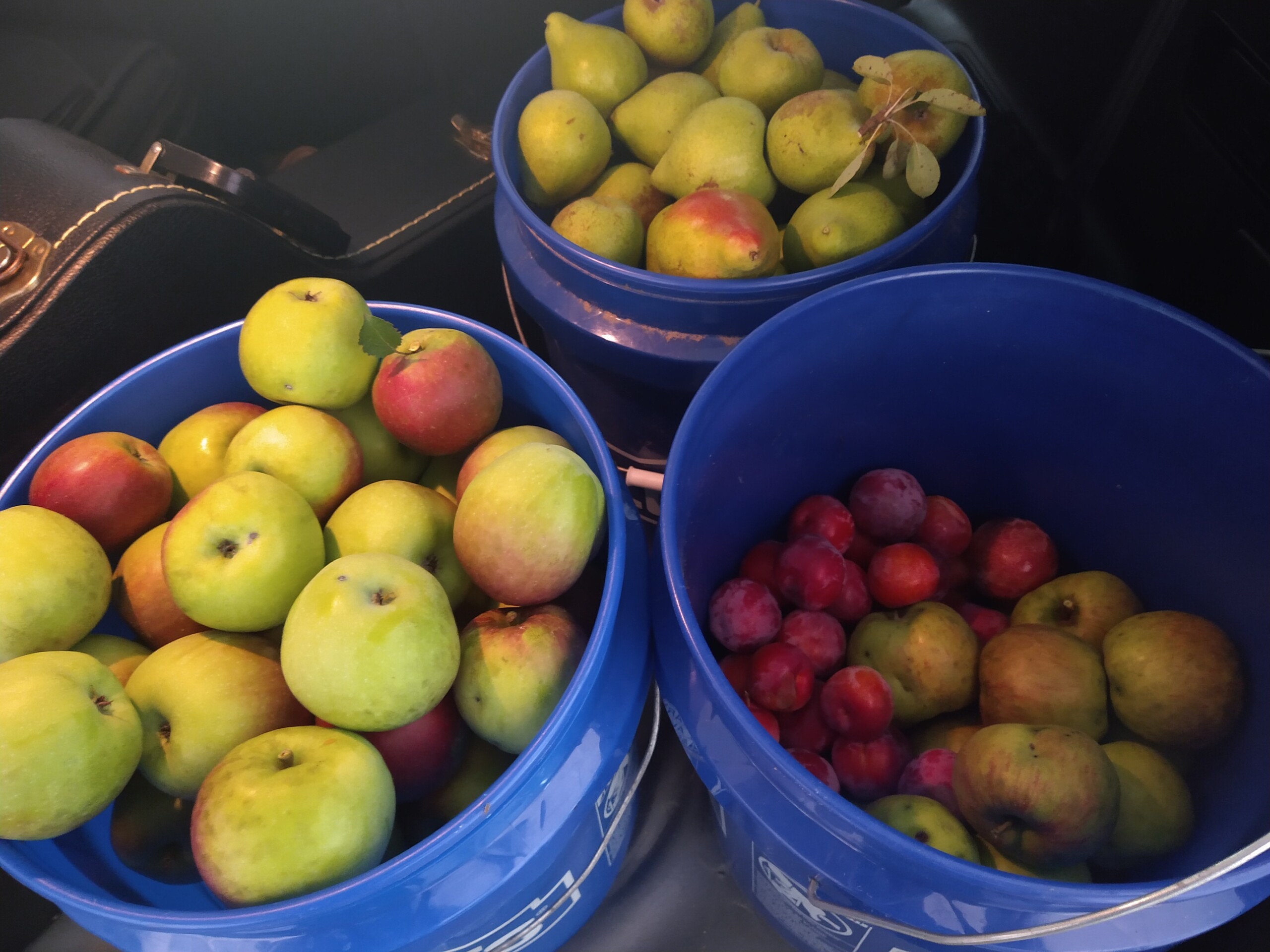
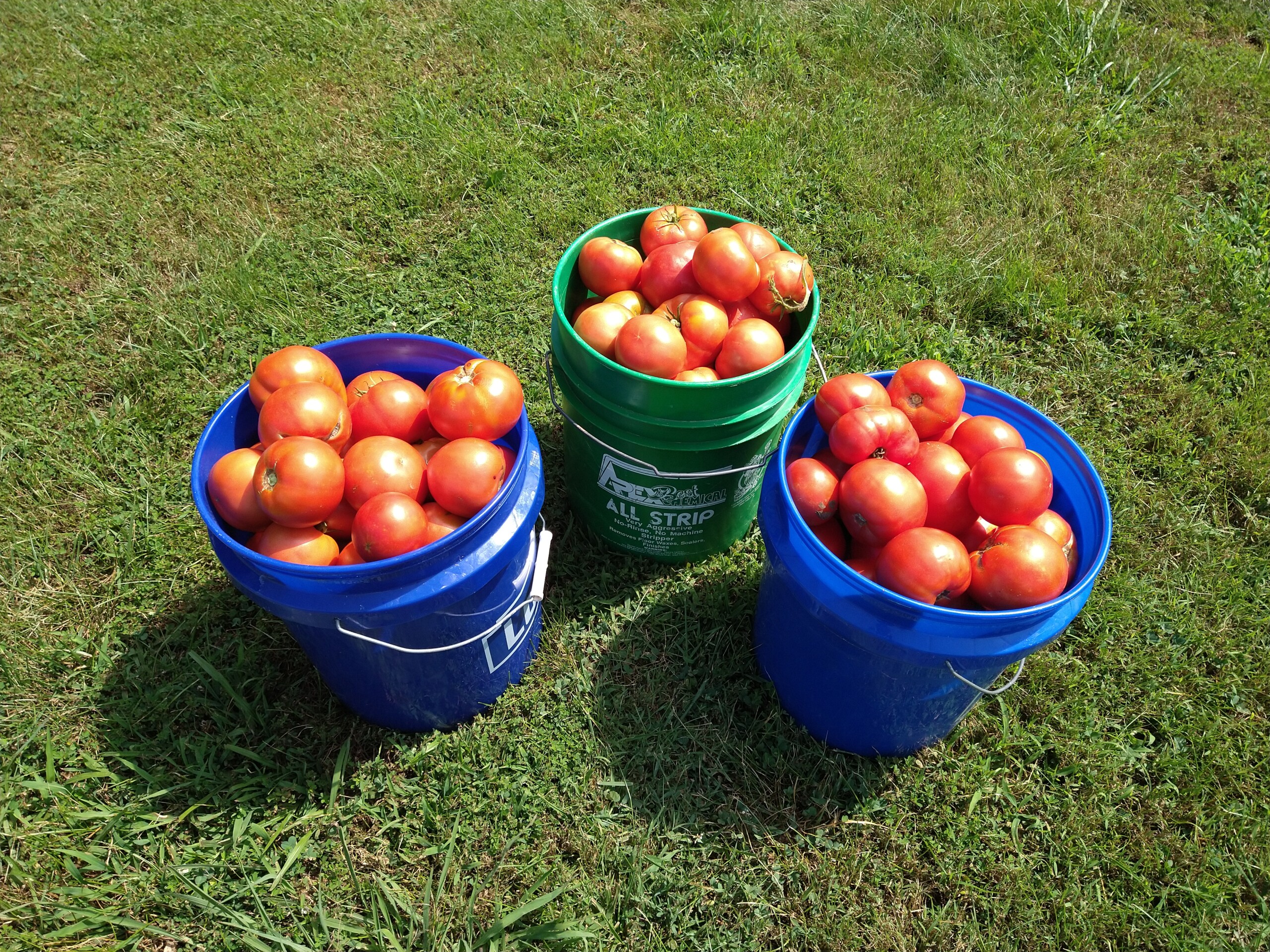
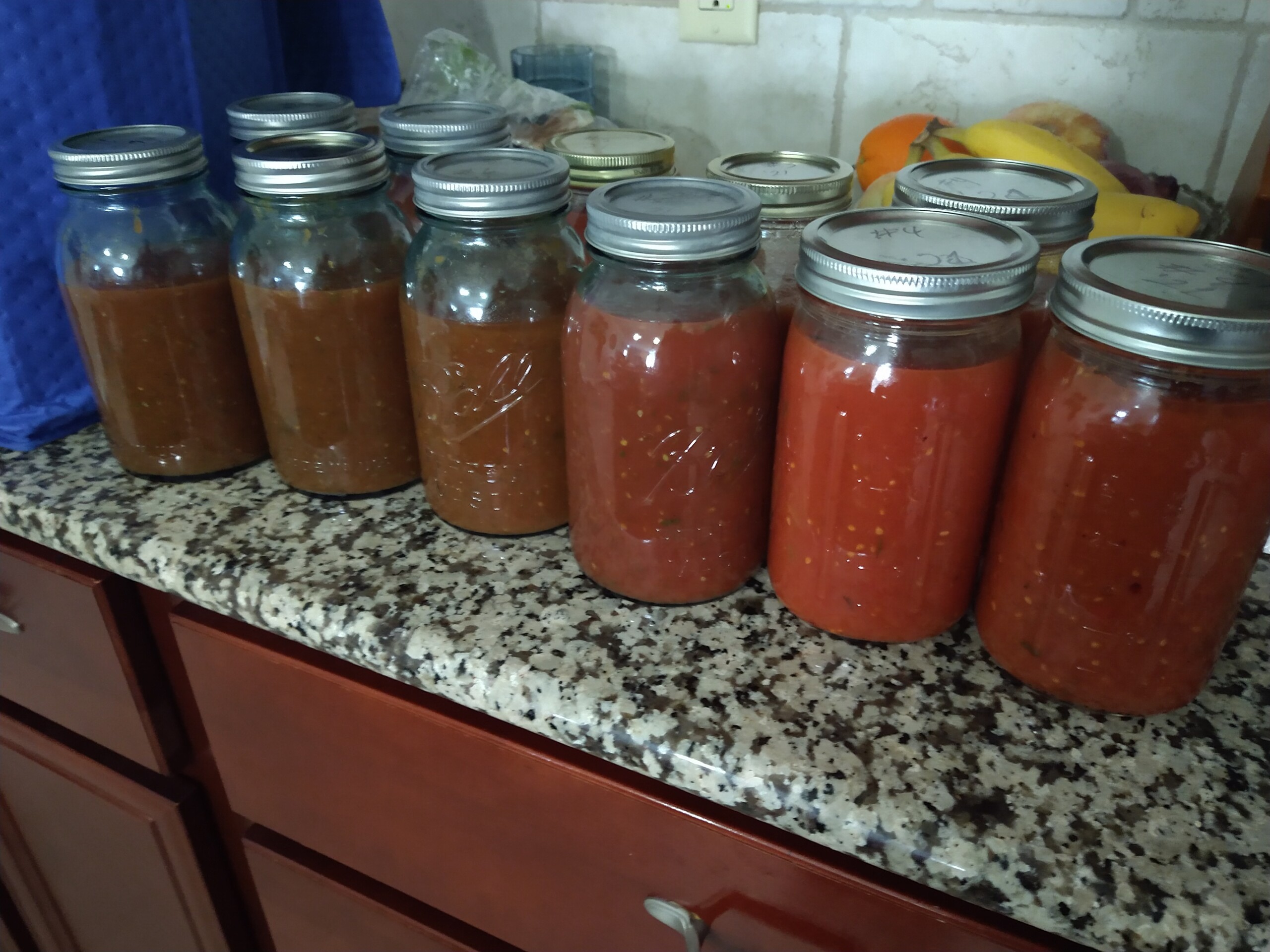
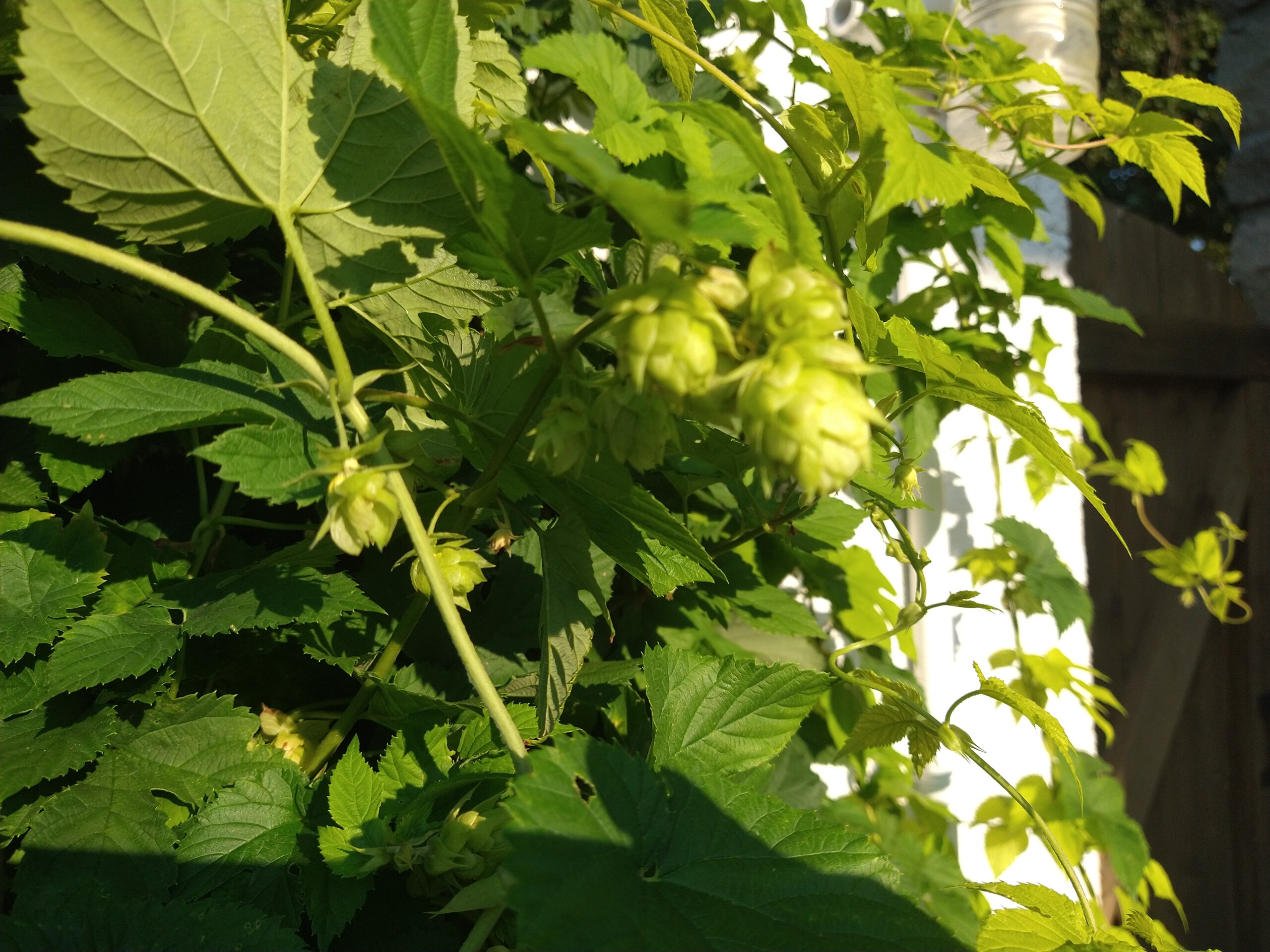
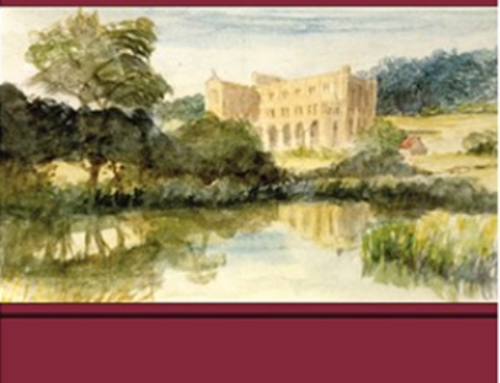
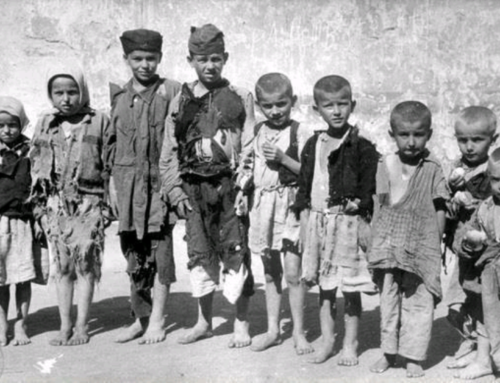
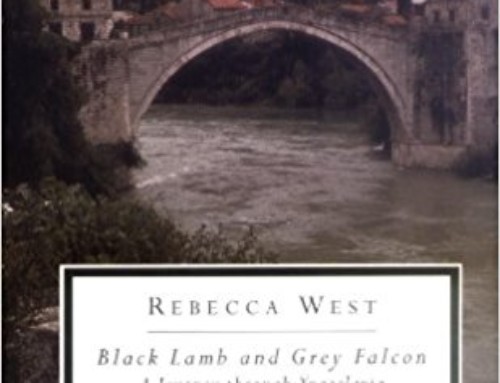

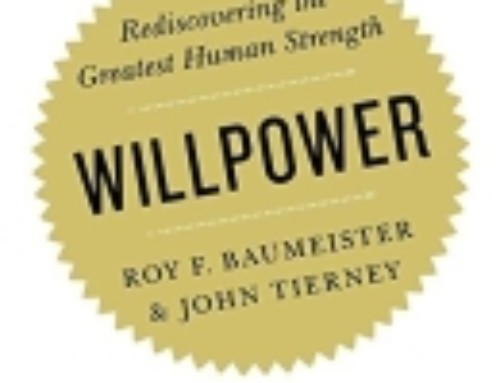
Leave A Comment